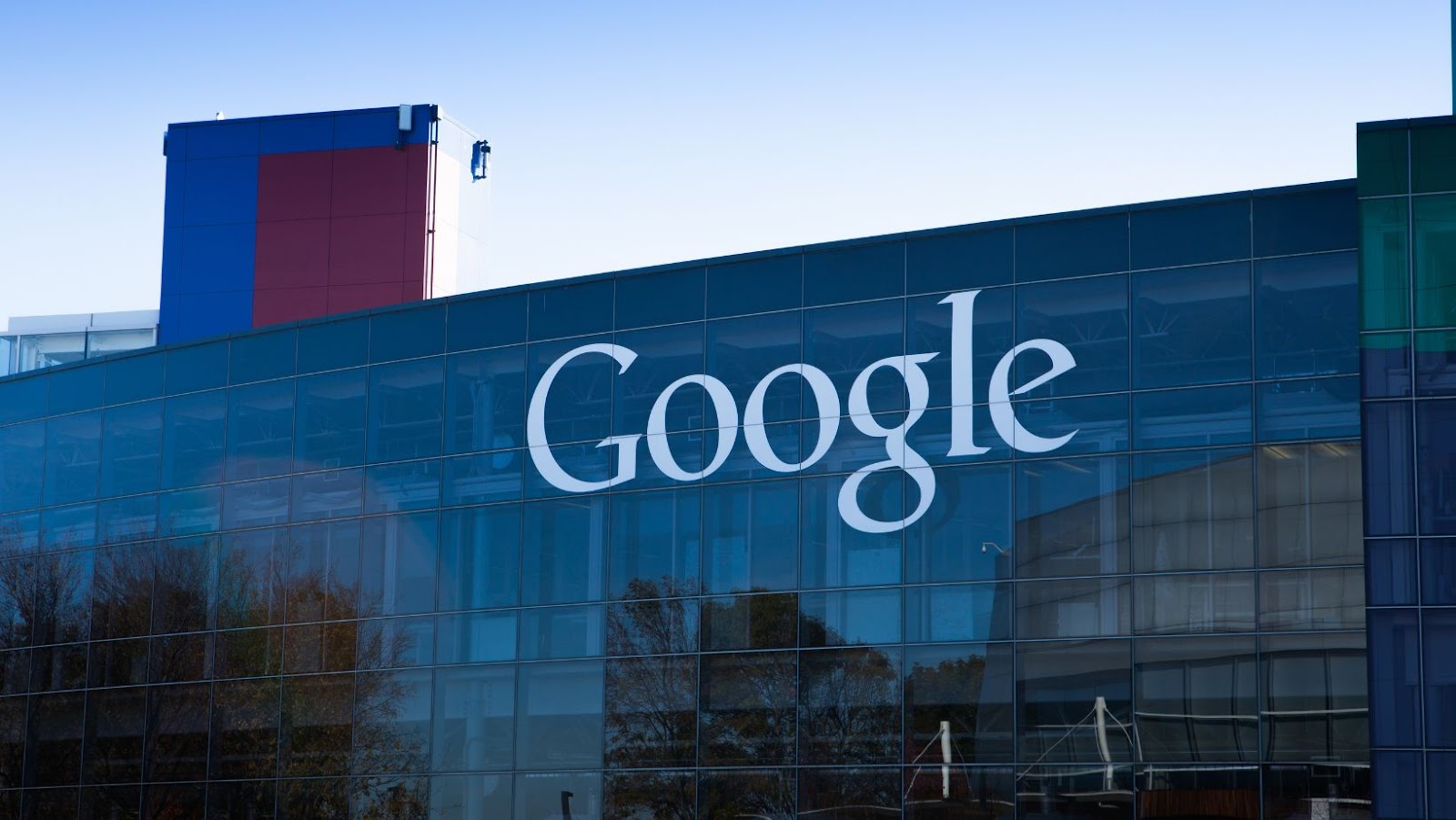
The fight against Apple and Google’s monopolistic dominance of the digital economy has become increasingly urgent. The duopoly the two tech giants enjoy has enabled them to tightly control access to almost every aspect of digital life, from app stores to mobile operating systems, search engines and payment processing services. This stranglehold has made it increasingly difficult for other companies and developers to compete, and has led to a drastic reduction in consumer choice.
As more and more people rely on their smartphones, tablets and other mobile devices for everything from communication to shopping, Apple and Google have been able to use their position as gatekeepers of the digital world to shape user experiences and prioritise their services while stifling competition. Although both companies have attempted to argue that they are merely responding to consumer demand with innovative products delivered quickly at low prices, the truth is that there is now evidence pointing towards their clear anti-competitive actions.
Just recently, both governments worldwide have begun to act in response with antitrust investigations into Apple and Google’s practices being launched by regulators in Japan, India, Canada, Australia and the US Department of Justice (DOJ). With these investigations arguing that both tech giants are abusing dominant positions, it seems there might finally be a reckoning for those who managed to exploit market power so ruthlessly over the past decade or so.
Epic Games’ Background
Since its creation in 1991, Epic Games has been making waves in the gaming industry. Its founder, Tim Sweeney, has made it his mission to create cutting-edge games that millions of gamers love.
However, Tim has recently shifted his focus and turned his attention to the fight against Apple and Google. This article will explore Epic Games’ background and why Tim Sweeney is fighting these two giants.

Epic Games’ history and successes
Epic Games is an American video game and software development company based in Cary, North Carolina. Founded by CEO Tim Sweeney in 1991, Epic Games is most famous for developing the wildly popular ‘Fortnite’ game. Throughout its 29-year history, Epic Games has successfully developed various computer and console games, such as ‘Infinity Blade’ and the ‘Unreal Tournament’ series. The company has also created numerous separately owned companies that have achieved great success in their rights, such as People Can Fly and ChAIR Entertainment.
In 2018, Epic Games made news for their investments into global esports tournaments around Fortnite with prize pools reaching up to 100 million dollars. Four years later, in 2020, Epic Games made even bigger news for suing Apple over App Store fees and policies on their decision to sidestep any revenue sharing from the sale of the Fortnite Battle Pass V-Bucks in-app purchases. Shortly after Apple’s lawsuit against them was back at them being counterattacked by filing antitrust cases against Apple and Google Play Store to revolutionise how mobile app stores operate worldwide.
With all this going on simultaneously, it marks a very important step forward for Epic Games as they continue to pave their path to developing successful online and offline software products.
Tim Sweeney’s background
Tim Sweeney is the CEO of Epic Games, Inc., a video game and software development company best known for its Unreal Engine and Fortnite titles. Tim has had a long relationship with the video game industry, starting his career at 16 when he developed his first game called ZZT in 1991. After selling ZZT to developer GT Interactive Software in 1994, Epic Games was born out of Sweeney’s passion to develop more advanced games.
In 1998, Epic released its flagship product, a first-person shooter called Unreal. With Unreal’s success as a critically acclaimed hit and award winner, Sweeney increased his understanding of the gaming industry as an entrepreneur with unlimited potential due to his forward-thinking views on gaming engines being used in multiple genres including those outside of gaming such as architecture and film. His second major project with Epic was Gears of War (2007) which began their focus on console gaming and would later play a key role in their search for alternate revenue models from virtual goods when they released Fortnite Battle Royale (2017).
This set them up as one of the larger players within the video game industry just before their legal battle against Apple Inc. and Google LLC in 2020 over App Store Guidelines which eventually led them to launch the Epic Games Store providing direct competition against competitors such as Steam. Tim continues to drive Epic Games mission forward by creating an open playing field for developers while challenging disparate marketplaces that inhibit consumer’s freedom to purchase goods without fees or hidden conditions present within digital storefronts.
Epic Games’ Founder Tim Sweeney Is Fighting Apple, Google. He’s Been Preparing for Years.
Epic Games’ founder Tim Sweeney has been fighting for years against what he calls a ‘duopoly’ between Apple and Google. These tech giants have been dominating mobile app stores and the digital marketplace. He is determined to fight the ‘unfair app store taxes’ and break up the duopoly.
This article will look closely at Epic Games’ fight against Apple and Google.

The App Store and Google Play controversy
Epic Games have had a long-standing dispute with Apple and Google, over their App Store and Google Play store policies. This controversy began when Epic Games sued both companies for unfair practices and anti-competitive behaviour. The 30% commission fee charged to developers who distribute software through both stores is at the heart of the issue.
Epic Games launched an alternative payment system on its popular game Fortnite, which allowed players to purchase in-game content directly from Epic instead of through the Apple or Google stores. In response, both Apple and Google removed Fortnite from their respective app stores, prompting Epic to take legal action against them.
The lawsuit has shed light on several issues facing tech giants like Apple and Google, such as their power in controlling what exists on their digital stores and their ability to charge commissions for access to those stores. Of course, it is yet to be seen what the real implications of this lawsuit will be, but it has already marked a significant step towards changing the practices of tech giants like Apple and Google.
Epic Games’ legal battle against Apple and Google
In August 2020, Epic Games, the developer behind the world-famous Fortnite video game, began a legal battle with Apple and Google. The fight began when Apple and Google removed Fortnite from their app stores because Epic Games had implemented its payment system to avoid paying fees to the tech giants.
Although both Apple and Google offer their in-app purchase systems, they take a cut of every sale made through these respective systems. To avoid paying this commission fee and maximise profits, Epic Games created its own system — “Epic Direct Payment” — that allowed players to buy content in Fortnite without going through the app stores’ payment processes. However, this move violated Apple’s App Store policies and rules, so the game was removed from both app stores shortly after that.
In response to this removal, Epic Games launched legal proceedings against both companies for unfair business practices including anti-competitive conduct and monopolistic behaviour. It has argued that allowing developers like itself to use alternative payment methods is essential for competition in the mobile games industry; it also claims that Apple’s App Store is an uncompetitive monopoly since they control 97% of all mobile app downloads worldwide. As part of its lawsuit against Apple and Google, Epic has sought financial compensation and a court order requiring Android’s open access policy be applied in iTunes mobile store policies.
The fight between three tech giants shows no signs of slowing down anytime soon with each side digging in for what could be a lengthy legal battle over potentially billions of dollars!
The potential implications of the legal battle
The battle between Epic Games and Apple/Google over their alleged monopolistic behaviour could have serious implications for future antitrust matters, with far-reaching effects on the app store market — particularly for Fortnite, the wildly popular game at the heart of the legal dispute.
The lawsuit alleges that Apple and Google have abused their positions of power to stifle competition in their app store marketplaces, potentially using monopoly tactics to drive up prices consumers pay for digital goods. It also claims that both companies have violated laws prohibiting anti competitive conduct by preventing mobile device users from accessing competitive products outside their app stores.
If Epic Games IS successful in its legal battle against Apple and Google, it may open the doors to more regulation around app store monopolies. It could also mean more investment into competing platforms, as developers would no longer be restricted to just one online marketplace when distributing their product. Additionally, consumers may benefit from increased competition among digital goods retailers and improved choice due to looser restrictions applied by larger app store marketplaces.
On a global scale, a victory for Epic Games could spur other countries towards introducing more regulation around handling monopolies within online markets — which might lead to fairer prices across apps and digital goods worldwide.
Tim Sweeney’s Preparations
Epic Games’ Founder Tim Sweeney has been in a heated battle over the last few months against Apple and Google. But as many would be surprised to learn, he’s been preparing for this fight for years.
In this article, we will look at some of the actions and decisions he took which led him to be in the position where he is now, ready to take the tech giants on.

Tim Sweeney’s vision for the future
Technology entrepreneur and Epic Games founder Tim Sweeney has become a leading voice in the fight against Apple and Google’s walled gardens. He advocates for an open web where developers can choose the platform they prefer, and consumers can freely access any seller or purchase from any seller. His vision is rooted in the belief that everyone should benefit from the choice made available by decentralisation, transparency, neutrality and openness. He has called for companies of all sizes to join him if they wish to champion true fairness online, hold tech giants accountable, and protect competition of innovative services.
Tim Sweeney’s preparations aim to strengthen his position in this fight by ensuring that each update coming out of epic games will remain accessible on all platforms. He’s also looking into investing in technology solutions that offer a much more extensive library which everyone can access regardless of their device’s operating system. Additionally they are encouraging demand side management (DSM), wherein people save electricity during peak hours when consumption is high and electricity prices surge, as well as providing public cloud resources like Amazon S3 to help reduce infrastructure costs associated with managing large multi platform projects.
With these principles at hand, it is obvious that Tim Sweeney has taken an active leadership role in fighting for freedom of choice on digital services like mobile device app stores and video sharing websites.
Tim Sweeney’s investments and preparation for the fight
Fortnite creator and Epic Games CEO Tim Sweeney had already invested in alternative platforms to Apple and Google’s app stores in preparation for a possible falling-out. In May 2019, he announced the opening of the Epic Games Store, an online marketplace where developers can sell PC games directly to consumers. He also championed the alternative video game store Steam.
With his vision for a fair and open app economy, Sweeney also leveraged his relationships with key industry partners to establish credibility for the store. For example, he collaborated with popular gaming hardware manufacturer Valve Corporation to bring popular titles onto the store. In addition, he offered a temporary price reduction on several titles as part of its launch strategy.
Epic Games was one of the most vocal supporters of Microsoft’s xCloud game streaming service which would allow people to play console games on mobile devices without downloading individual versions of those games from Apple’s App Store or Google Play.
In June 2020, Epic launched a major public relations campaign to promote its App Store payment processing platform as an alternative to Apple’s App Store fees, going so far as creating an interactive website that encouraged users to share their complaints about Apple’s high fees over social media platforms like Twitter and Reddit. This campaign ultimately set up Epic Games’ antitrust lawsuit against Apple Inc., alleging anti-competitive behaviour which is still ongoing today.


